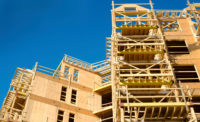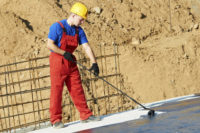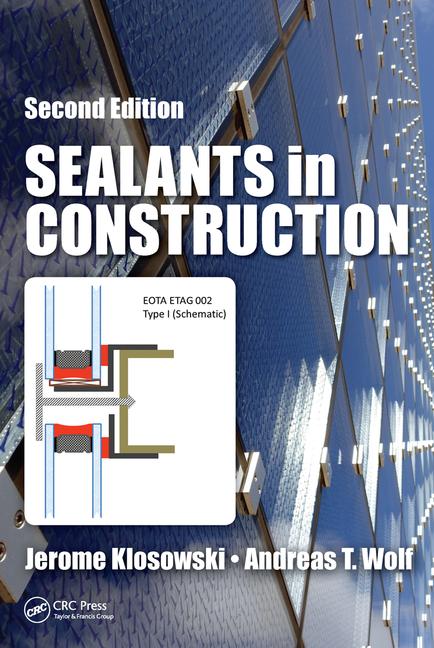Multi-Family Builder and Developer Confidence Weakens Slightly in Fourth Quarter
The MMS produces two separate indices: the Multifamily Production Index (MPI) and the Multifamily Vacancy Index (MVI).

Confidence in the market for new multi-family housing weakened slightly in the fourth quarter of 2018, according to results from the Multifamily Market Survey (MMS) released recently by the National Association of Home Builders (NAHB). The MMS produces two separate indices: the Multifamily Production Index (MPI) dropped one point to 47 compared to the previous quarter, indicating weakening confidence; the Multifamily Vacancy Index (MVI) moved down two points to 45, representing a slight improvement in confidence about the market for existing apartments.
The MPI measures builder and developer sentiment about current conditions in the apartment and condo market on a scale of 0 to 100. The index and all of its components are scaled so that a number below 50 indicates that more respondents report conditions are getting worse than report conditions are improving. The MPI has been slightly below 50 for two consecutive quarters.
The MPI is a weighted average of three key elements of the multi-family housing market: construction of low-rent units (apartments that are supported by low-income tax credits or other government subsidy programs), market-rate rental units (apartments that are built to be rented at the price the market will hold), and for-sale units (condominiums). All three components were below 50 in the 2018 fourth quarter. The component measuring low-rent units fell 11 points to 48, while the component measuring market-rate rental units increased three points to 49, and the component measuring for-sale units rose five points to 44.
The MVI measures the multi-family housing industry’s perception of vacancies in existing apartments. It is a weighted average of current occupancy indexes for class A, B, and C multi-family units, and can vary from 0 to 100, where a number under 50 indicates more property managers believe vacancies are decreasing than increasing. With a reading of 45, the MVI improved two points from the previous quarter, returning to where it had been in the second quarter.
“We saw a big drop in the component for low-rent starts, even though that is the segment of the market where demand tends to be the strongest,” said Steve Lawson, president of The Lawson Companies in Virginia Beach, Va., and chairman of NAHB’s Multifamily Council. “Rising construction costs and difficulty with getting projects approved have made building particularly challenging in some parts of the country.”
“The MPI is down a point and under 50 for the second straight quarter, indicating a slight weakening for multifamily developer sentiment,” said Robert Dietz, NAHB chief economist. “This is in line with our 2019 forecast that multifamily starts will level off and edge down slightly from last year’s very solid rate of production.”
For more information, visit www.nahb.org/mms.
Looking for a reprint of this article?
From high-res PDFs to custom plaques, order your copy today!








